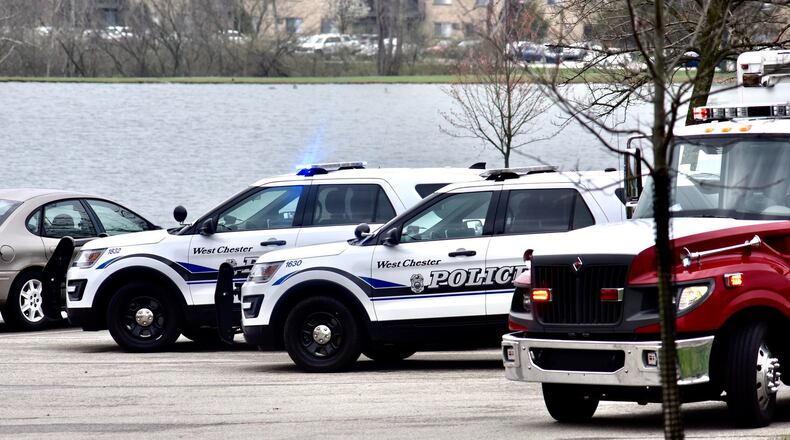Butler County Auditor Roger Reynolds was recently directed to revise his reassessment numbers from a 13% increase to 20% by Ohio Tax Commissioner Jeffrey McClain. Reynolds has vowed to fight for a reduced increase either through the legislature or in court.
If the 20% increase stands — and the percentage varies depending on the neighborhood or area based on property sales from 2019 — the township would collect $5 million for each new levy and the owner of the $200,000 home would now pay $28 a month or $336 annually for both levies on the home that would now be valued at $240,000.
Keim told the Journal-News the increase would give the township a cushion so it might not have to go back to the voters again in five years asking for more money to support ever increasing costs.
“Just the nature of public safety, our two chiefs do not like to take any risks of running out of resources,” Keim said. “They like radios to be on a back-up plan. They want to make sure they are not caught short in times of emergency. It take a little bit of convincing to take a risk when you see in five years things are going to be tight.”
Trustee Board President Ann Becker said it is important to note the existing levies would remain unchanged.
“Our past levies are a snapshot in time, what you paid in 2006 and 2010 you’re still paying today for those original levies,” Becker said. “When we planned for the new levies we looked at the budgets for both the police and fire departments to see what they needed to continue with service, we’re not adding any services.”
The existing 6-mill fire levy has gone untouched, meaning it hasn’t been replaced or adjusted, since 2006. For police, it has been since 2010. Fire expenses for this year are projected at $16.8 million against approximately $14.6 million in total revenues. The fire fund has a $12.2 million carryover from last year, which is expected to drop to nearly zero in 2022.
The police department budget is $18.3 million versus $12.6 million in revenues — generated from the existing 7-mill levy — with about $10.7 million in carryover to balance the budget. The police carryover is also expected to drop to nothing in a couple years.
Trustee Mark Welch said the reason the trustees decided to ask for new money instead of adjusting the old levies was they wanted to protect the Homestead Exemption. Taxpayers would lose their state-paid Homestead Exemption tax rollbacks if existing levies are altered.
“That’s 12 or 13% to people who are disabled, elderly, on fixed income and that type of thing,” Welch said. “So we didn’t want to lose that.”
The township intends to use the $3.9 million in federal coronavirus relief funds it will receive on personnel costs for police, fire and dispatch expenses they just learned are reimbursable. Keim plans to recommend to the trustees they reimburse personnel costs for those funds, from April 10 through July 3, because they have spent time dealing with pandemic issues.
Becker said the one-time reimbursement won’t mitigate the need for the levies.
“The CARES money, it’s an emergency action for these difficult times,” Becker said. “With the uncertainty moving forward that money will make sure we have a stable budget for our police and fire departments but it is just a Band-aid that will be used up very quickly and doesn’t speak to the long-term stability of our police and fire levies.”
ELECTION 2020
Count on the Journal-News for everything you need to know this election season.
We are the only news source covering all local candidates and issues on your ballot, and digging into a safe and accurate vote.
About the Author

